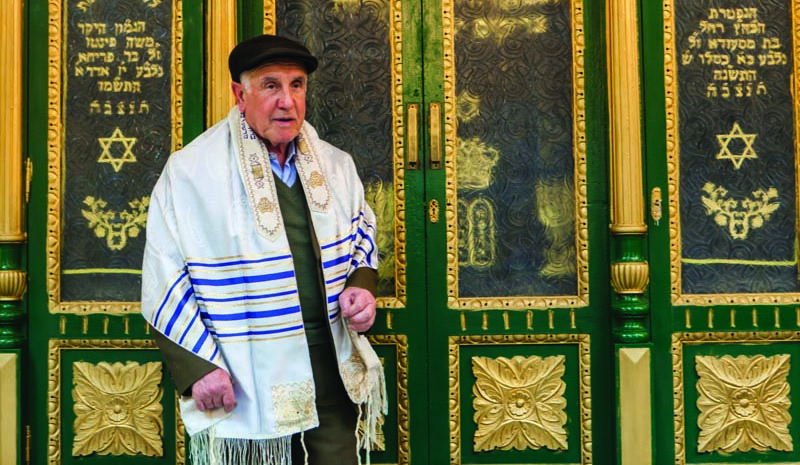
Morocco is an enigma. A beautiful country of deserts, mountains and beaches, it is located on the northwestern coast of Africa bordered by the North Atlantic Ocean and the Mediterranean Sea. The Alawi dynasty, which rules the country to this day, took power in 1631, and over the next two centuries expanded diplomatic and commercial relations with the Western world.
In 1912, France and Spain conquered and divided the country into respective colonies. In 1965, following intermittent riots and revolts against colonial rule, Morocco regained its independence and reunified. Although Morocco has a constitutional government and an elected parliament, the king holds vast executive and legislative powers, especially over the military, foreign policy and religious affairs. He can issue decrees called “dahirs,” which have the force of law. You could say that Morocco is a hybrid democracy ruled by a benevolent dictator.
Growing up in Montréal, my knowledge of Morocco was minimal. It was just another nation on the African continent that we glimpsed during grade four geography class. One day, a new kid showed up at school. His name was Jean-Claude and he spoke perfect French. In our predominantly English – Ashkenazi – Jewish neighborhood, Jean-Claude was an exotic and mysterious specimen. We became fast friends, and then I discovered something very fascinating about him. Jean-Claude was Jewish! I thought that all Jews spoke either English or Yiddish like my grandparents. Jean-Claude explained that he was born in Morocco where everyone spoke French or Arabic.
During the late 1960s and early 1970s, more and more Moroccan Jewish immigrants settled in Montréal. They helped to revive Jewish life in a city that many Ashkenazi Jews had abandoned due to coercive language laws and a separatist-leaning government. Sephardic synagogues, kosher restaurants and grocery stores serving savory Mediterranean foods started appearing in Montréal. The community publishes a quarterly journal called “La Voix Sépharade,” and holds a popular Sephardi festival highlighting Moroccan culture, food and art.
In 1986, after being lured by the food, the culture and the belly-dancing, I married a Jewish Moroccan woman. I was reluctantly accepted into the family, like Tom Hagen in the Corleones. Through my wife’s family, I had the opportunity to meet and have lively discussions with many of her aunts, uncles, cousins and friends. The common thread among the older family members is the love they have for their native land.
In 1986, after being lured by the food, the culture and the belly-dancing, I married a Jewish Moroccan woman. I was accepted into the family, like Tom Hagen in the Corleones.
My mother-in-law speaks fondly about the open-air markets in Casablanca called souks where you could obtain the freshest fruits, vegetables and fresh fish. She is nostalgic about her life in Casa where families and friends lived in close quarters called the Mellah (Ghetto). Any Jewish life cycle event — a birth, a bris, a wedding or a bar mitzvah — would bring the neighbors together in a frenzy of dressmaking, cooking and henna preparation. This exhibition of unity would only be challenged when neighbors sought a more advantageous location for their pot of dafina (the Sephardic version of cholent) nearest to the heat source in the public oven. The weather in Morocco was always warm and beautiful, in contrast to the cold snowy winters in Montréal. On Shabbat and holidays, the Jews of Casa would dress in their finest clothing and stroll along the main thoroughfare.
Michel Abitbol, my wife’s uncle, would go on for hours about the beauty and splendor of Morocco. Everything was better in his native land. The streets were wider and cleaner, the people were friendly and welcoming, the fruits, especially the dates and figs, were bigger, juicier and sweeter, the olives were huge and tastier, the police were friendlier, the waiters less surly and the women were all beautiful. Nothing like nostalgia.
Morocco has had its share of great rabbinical leaders and scholars, some of whom have been anointed with sainthood. Baba Sali was one of the greatest kabbalists. According to some believers, he possessed clairvoyant, supernatural powers and it was said of him that the keys to nature were in his hands. Rabbi Chaim Pinto built an eminent reputation in the city of Essaouira. His name went beyond the city. He was considered a saint among both Jews and Muslims. According to a 2023 report by Jewish News Syndicate, the tombs of three celebrated 17th- and 18th-century rabbis were discovered after being lost for over six decades. The graves of Jacob Ben Malca, Hasday Almosino and Jacob Marrache were rediscovered in the northern Moroccan town of Tétouan, sparking a renewed enthusiasm to excavate the over 500-year-old Jewish cemetery, Morocco’s largest.
Jews have lived in Morocco for more than 1,000 years. What happened to shrink the Jewish community of Morocco from 265,000 people in 1948 to under 3,000 souls today? What were the circumstances that tainted the relationship of its Jewish citizens with a nation of such a rich and beautiful history? Therein lies the enigma. The Holocaust was not a factor for Jews living in Morocco. In fact, the then king, Mohammed V defied the collaborationist Vichy regime, saving Morocco’s Jews from deportation to Nazi death camps. Their only hardship during the war was having to line up for ration coupons. There was no attempt to “cleanse” the country of its Jews. They spoke the same language, dressed in the same clothing, adopted much of the Moroccan culture and were well integrated into Moroccan society and its business community.
For the answer to this puzzle, I attended an excellent lecture at McGill University that was given by esteemed UCLA Professor Aomar Boum. Born and raised in Morocco, Professor Boum’s work focuses on the place of religious minorities such as Jews, Baha’is, and Christians in post-independence Middle Eastern and North African states. One answer he gave as causing the exodus of the Jewish people was the formation of the state of Israel in 1948. Given that almost the entire Torah is based on the return to “the land which G-d has gave you,” it was inevitable that many religious and Zionist-leaning Moroccan Jews would make “Aliyah.” Israel needed farmers, workers and soldiers and the Sephardic communities of Morocco were quick to heed the request.
While the current king and his predecessors officially support the Jewish community, the same cannot be said of every Moroccan Arab. Staunch believers in Islam are encouraged to show support for their “brothers” in Gaza and the West Bank, thus making Moroccan Jews a target for anti-Zionist and anti-semitic hate speech. Many Jews were afraid that these feelings might escalate and many emigrated to France and Canada, in addition to Israel.
Until Oct. 7 and the war in Gaza, the Abraham Accords were a game changer, with thousands of Israelis visiting Morocco every month and changing attitudes toward Israelis. Still, despite the downturn, the Moroccan government is doing its best to restore and maintain Jewish sites. Synagogues, former Jewish day schools, cemeteries and grave sites of revered rabbis are well identified and guarded against vandalism and theft.
In the post-Abraham Accords days, this helped boost tourism. What Moroccan Jew would not love to go on the “Dead Rabbis Tour”? But according to Professor Boum most Arab Moroccans are proud and honored by the presence of Jews in their midst and are impressed by the contributions that they have made to Moroccan society in art, literature and music. According to Professor Boum, over 30 articles have been recently published by Muslim authors on the Moroccan Jewish community.
When the political climate improves, we can expect Jews, and especially Israeli Jews, to return in droves to partake in the many delights of this unique country that has shaped Jewish history, and my own life.
Whereas there is still a small but solid Jewish presence living in Morocco today, it is unlikely that that figure will increase in the future. However, when the political climate improves, we can expect Jews, and especially Israeli Jews, to return in droves to partake in the many delights of this unique country that has shaped Jewish history, and my own life.
Paul J. Starr is a recently retired systems analyst who has lived his entire life in Montréal, Canada. On Sunday mornings he is “living the dream,” hosting a two-hour Internet radio show featuring music from the 50s and 60s called “Judy’s Diner.”






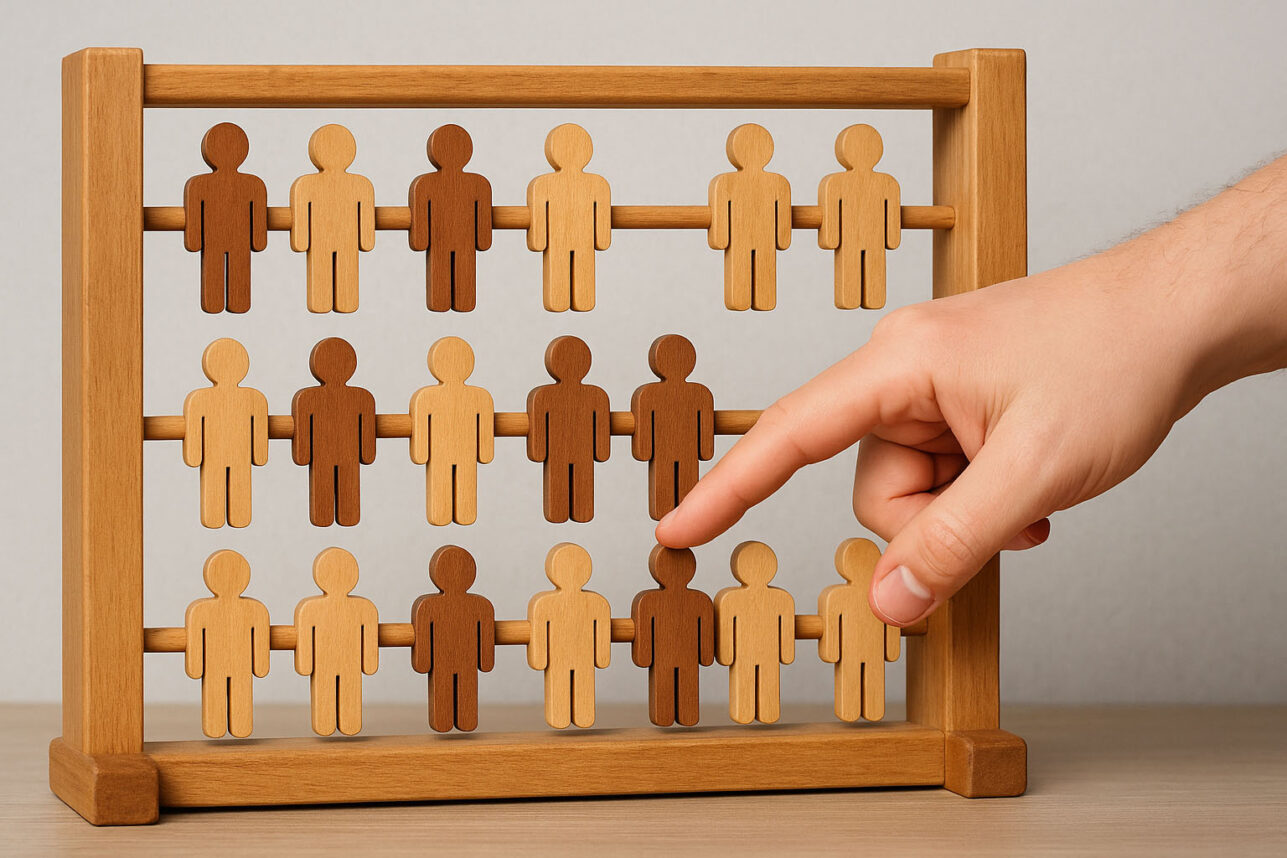
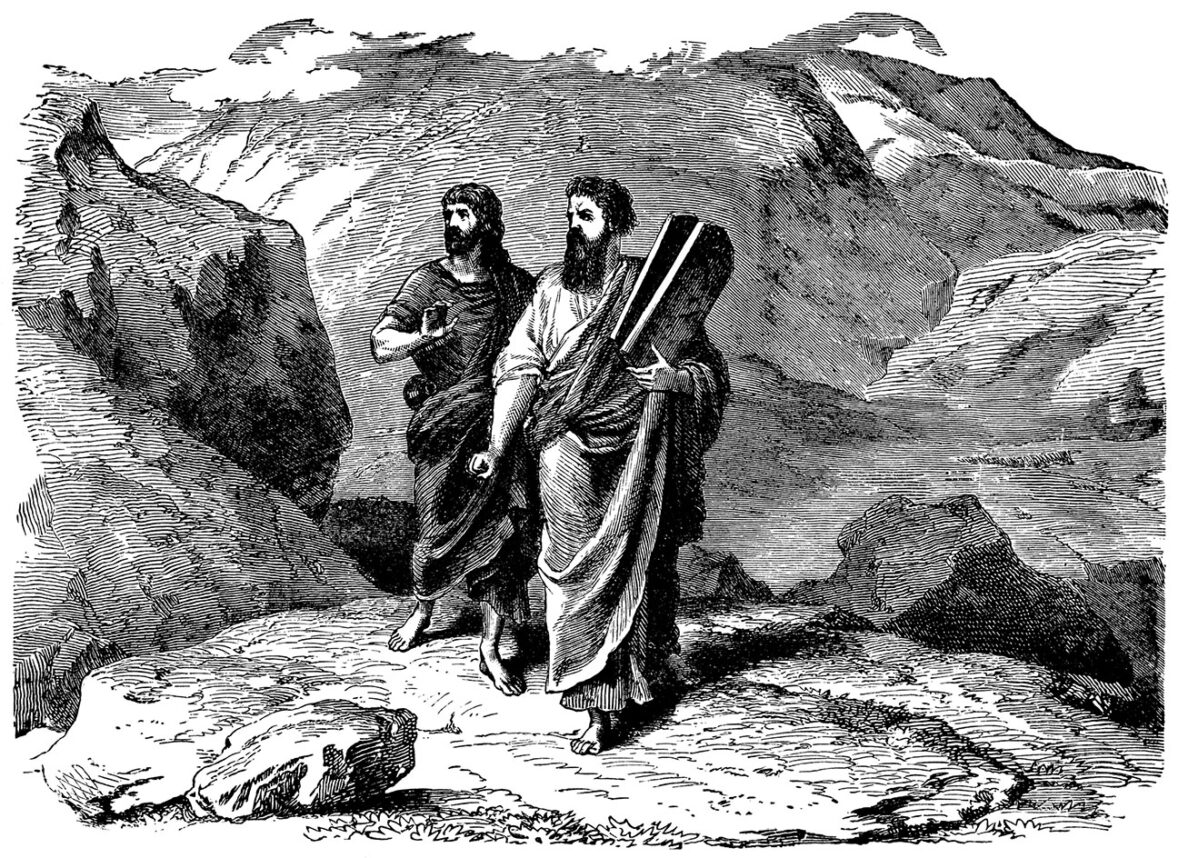
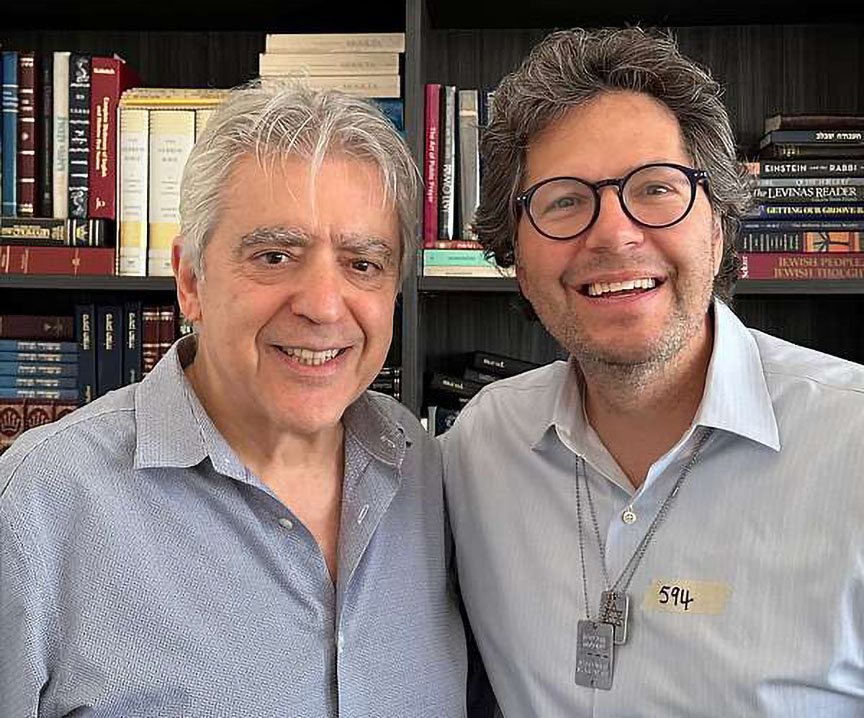


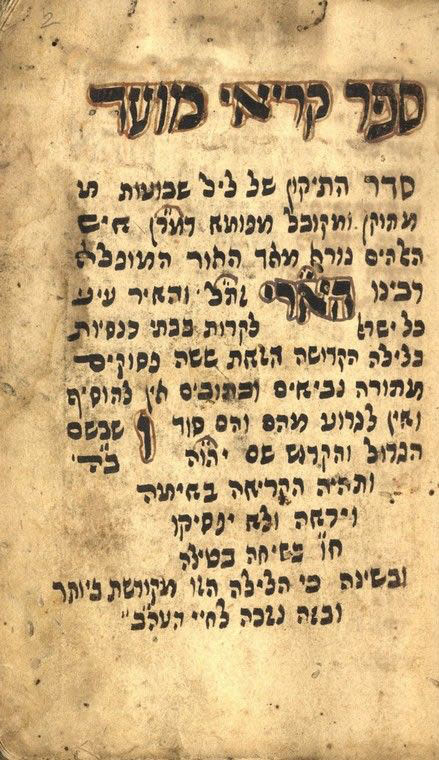








 More news and opinions than at a Shabbat dinner, right in your inbox.
More news and opinions than at a Shabbat dinner, right in your inbox.